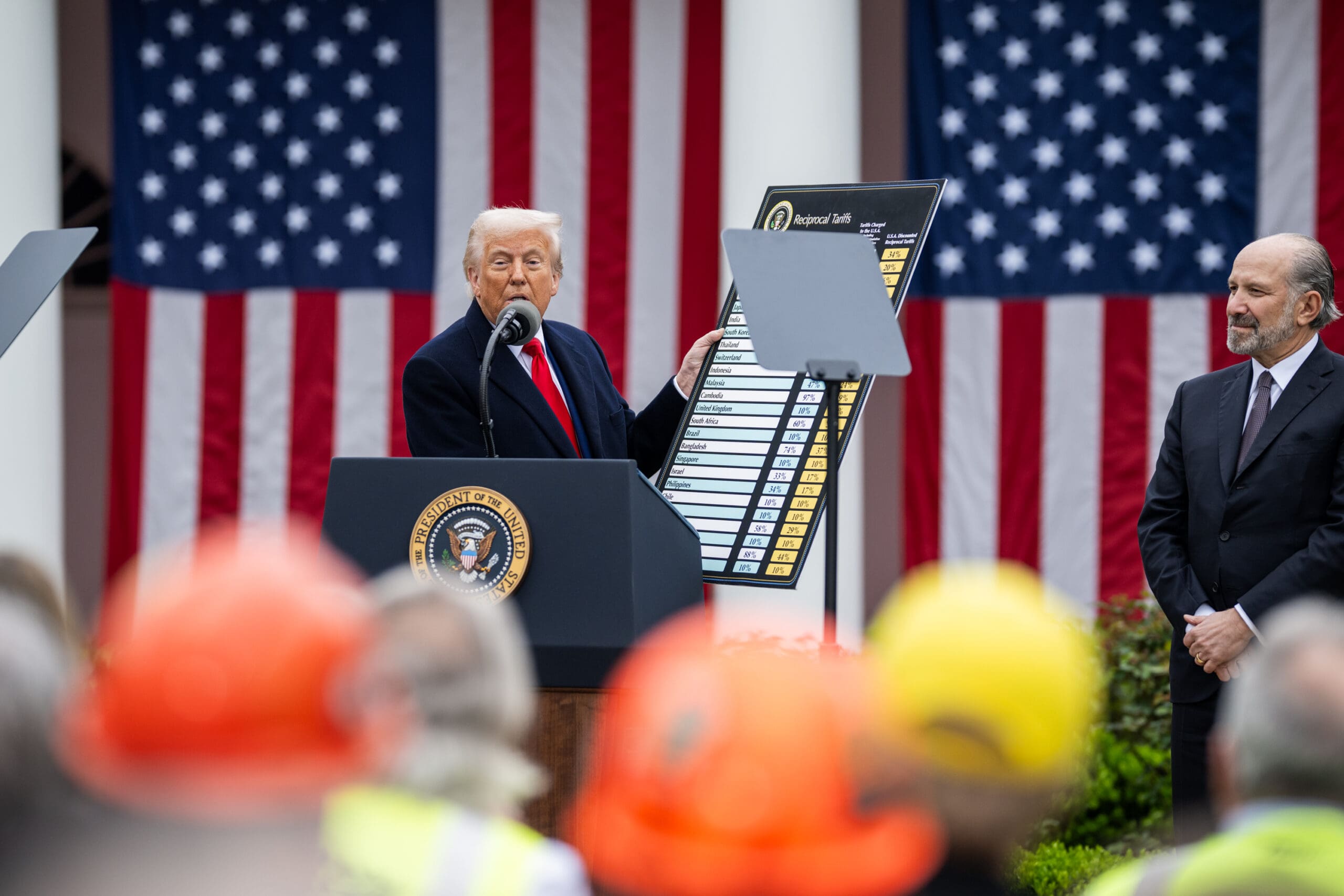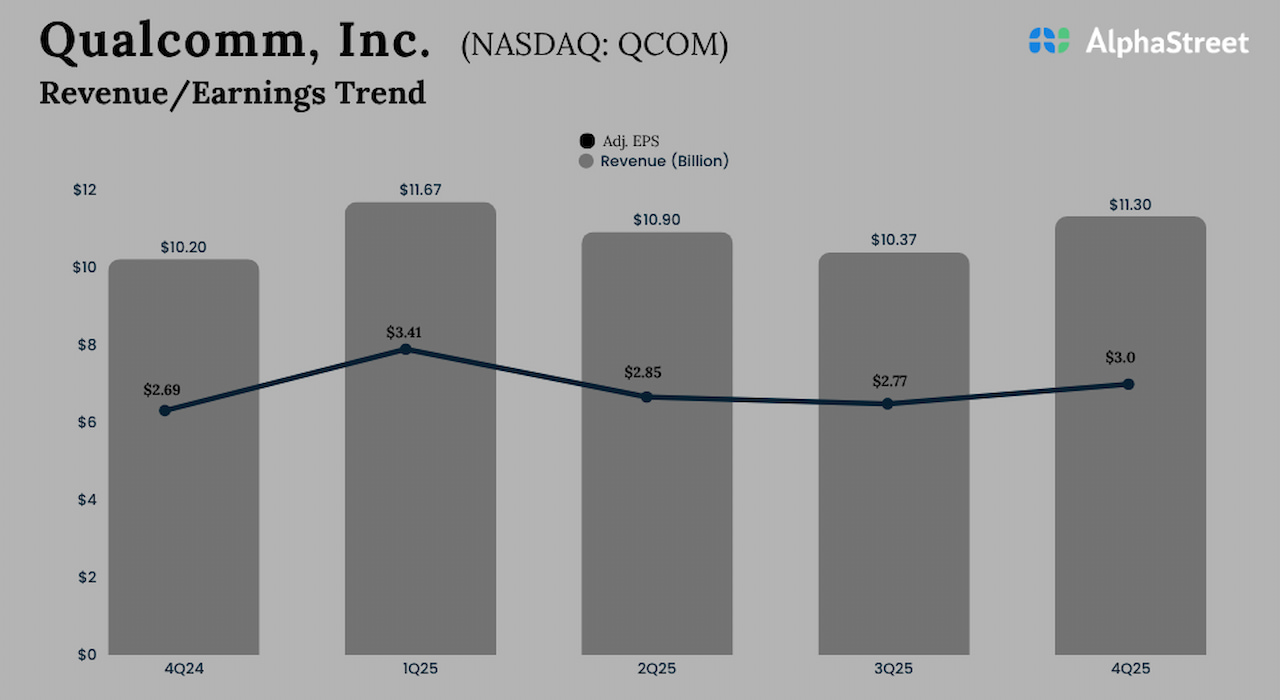Chicago Mayor Brandon Johnson (D) recently unveiled his 2026 budget, which relies on a new business head taxA head tax, also known as a poll tax or capitation, is a flat or uniform tax levied equally on every taxpayer. Unlike an income tax, it is a fixed amount and not based on how much one earns, nor does it change based on taxpayers’ circumstances or actions., a new taxA tax is a mandatory payment or charge collected by local, state, and national governments from individuals or businesses to cover the costs of general government services, goods, and activities. on social media companies, a “cloud tax” increase, and other tax increases. The proposed head tax would create numerous unintended consequences and put a damper on employment in the Windy City, making Chicago less attractive for business investment. The social media tax would be the first of its kind in the US, punitively targeting social media companies simply based on their industry. Meanwhile, increasing the personal property lease transaction tax rate on cloud services would increase expenses for businesses and consumers alike. These proposed new and increased taxes represent a sharp departure from the principles of sound tax policy and would make Chicago even more of an uncompetitive outlier regionally and nationally.
Business Head Tax Would Hurt Employment
The proposed business head tax, known as the Community Safety Surcharge (CSS), would be levied at a rate of $21 per employee per month ($252 per employee per year) on employers with 100 or more full-time employees who perform at least half of their work in Chicago. An employer with 100 qualifying employees would see their local tax liability increase by $25,200 per year, on top of all the other local, state, and federal taxes owed. A company with 1,000 affected employees would face a $252,000 annual local tax increase.
The old adage, “whatever you tax, you get less of,” rings true here. Taxing businesses based on the number of people they employ in Chicago would lead to negative employment outcomes in the city, including more layoffs, lower wages, fewer job opportunities, and the further shifting of business investment outside city limits.
Smaller- to mid-sized employers near the 100-employee threshold would have an incentive to keep their total headcount below 100 to avoid triggering tax liability, since employers with 100 qualifying employees would be taxed on all 100 employees, while those with 99 or fewer employees would not be liable for the head tax at all. This means the marginal cost to employers of hiring their 100th employee would be $25,200 per year, while businesses just over that threshold could be incentivized to downsize their workforce to avoid the tax.
One unintended consequence is that many employers would modify their business decisions to minimize head tax liability or to avoid the tax altogether. Instead of hiring additional full-time employees who work in Chicago most or all of the time, some employers would increase reliance on artificial intelligence, shift more individuals from full-time to part-time employment (especially in retail and food services sectors), increase reliance on remote employees who live outside Chicago (especially in professional services sectors), or a combination of these alternatives.
The CSS would therefore be highly distortionary, influencing businesses to make decisions for tax reasons that otherwise might not make the most sense. Furthermore, if employment activity shifts outside city limits in response to the tax, other local revenue sources, including sales and excise taxes, could be expected to take a hit. To the extent certain employers would be unable to avoid the tax, the increased tax burden would ultimately get passed along to workers in the form of lower wages, consumers in the form of higher prices, and shareholders in the form of lower returns on investment. It is likely that much of the cost would be absorbed by businesses in the short term, but that the cost would shift to labor in the longer term, in the form of slower growth in wages.
A head tax is not a novel proposal in Chicago; a similar tax has been levied and repealed once before. The Employer’s Expense Tax was collected starting in 1974 at a rate of $3 per employee per month for employers with 15 or more employees. In 1995, the rate increased to $4 per employee per month, and the tax was limited to businesses with 50 or more FTEs who performed at least half of their work in Chicago during the quarter, with employees excluded from the headcount if their earnings did not exceed $900 per quarter. In 2011, the tax was no longer collected on employees making less than $4,300 per quarter, reducing the impact on employers of part-time, hourly workers. Ultimately, Mayor Rahm Emanuel spearheaded a plan to repeal the tax, calling it a “job killer,” and the tax was phased out in 2014.
Reviving this “job killing” tax now, at a much higher rate, would be yet another economic blow to Chicago, a city that has already suffered from the mass exodus of individuals and the loss of many notable legacy employers. Governor JB Pritzker (D) has spoken out against the proposal, saying, “It penalizes the very thing that we want” and “makes it very hard to attract companies from outside of Chicago.” Instead, the governor cited growing the economy as a better way to generate more revenue, an idea that, if adhered to, would yield dividends for both the city of Chicago and the state of Illinois.
Social Media Tax Would Penalize Innovation
Mayor Johnson also proposed creating a new tax on social media companies, known as the “Social Media Amusement & Responsibility Tax” (SMART). This tax would be imposed at a rate of 50 cents per active social media user over 100,000 in Chicago. This tax could easily increase some companies’ local tax liability by millions of dollars per year.
Currently, Chicago levies an amusement tax at a rate of 9 percent on the admission fees consumers pay to attend certain theatrical, musical, and cultural performances. A separate rate of 10.25 percent is imposed on audio and video streaming services and online gaming.
The existing tax, while collected by businesses, is paid directly by consumers when they purchase a taxable form of entertainment. The social media tax, however, would be paid by social media companies directly rather than by end users, although much of the tax burden would ultimately get passed along to customers who take out ads on social media platforms, as well as social media companies’ employees and shareholders.
The mayor has proposed using revenue from the SMART to finance “free mental health clinics throughout Chicago,” as well as other mental health services, citing the “growing body of research on the negative mental health impacts of social media use.” As such, this would be a highly aggressive “sin tax” that attempts to raise revenue for a broad range of mental health services from one “unfavored” industry. Like certain other sin taxes, the proposed SMART ignores two key facts: (1) there are countless factors and activities that negatively affect mental health, so treating social media companies like the sole contributor to negative mental health outcomes would be misguided, and (2) many people consider social media and related technological advancements a net positive for society when used with discretion. Therefore, shifting the entire burden of new mental health spending in the city to social media companies would be unduly punitive and would ignore the many upsides associated with widespread access to social media in Chicago and elsewhere.
The tax would also be incredibly difficult to implement and would raise questions of fair apportionment. Most social media accounts do not require the user to provide a physical address, so Chicago would have to rely on social media access from Chicago IPs. This could involve the tax being paid on behalf of many people who are only passing through Chicago.
“Cloud Tax” Increase Would Raise Costs for Businesses and Individuals
The mayor’s budget also proposes increasing the so-called “cloud tax” from 11 to 14 percent to raise roughly $333 million in new revenue. Currently, Chicago imposes its personal property lease transaction tax on the lease, rental, or use of computer software and cloud infrastructure. As such, this tax is paid by businesses and individual taxpayers who purchase paid subscriptions to various cloud and software services, including AI subscription services. This tax therefore makes it more expensive for a wide range of companies to do business in Chicago, while also making such subscriptions even more expensive for individual consumers.
Big Picture
The head tax, social media tax, and “cloud tax” increase proposed in Mayor Johnson’s budget are economically harmful and structurally unsound. A head tax would negatively affect employment in Chicago, while an additional layer of taxes on social media companies would be highly nonneutral, penalizing innovation. An increase in the “cloud tax” would make using cloud and software services more expensive for businesses and individuals alike.
If either of the proposed new taxes is authorized, there is no guarantee the tax rates will remain unchanged over time. Once new revenue streams are created, those taxes are often prime targets to accommodate future spending increases, as demonstrated by the proposed increase to the cloud tax.
Instead of imposing harmful new taxes and tax increases that would further exacerbate Chicago’s struggles to attract and retain individuals and employers, policymakers should consider how tax policies that promote, rather than discourage, investment and innovation would help unlock sustainable economic and revenue growth for many years to come.
Stay informed on the tax policies impacting you.
Subscribe to get insights from our trusted experts delivered straight to your inbox.
Subscribe
Share this article


























